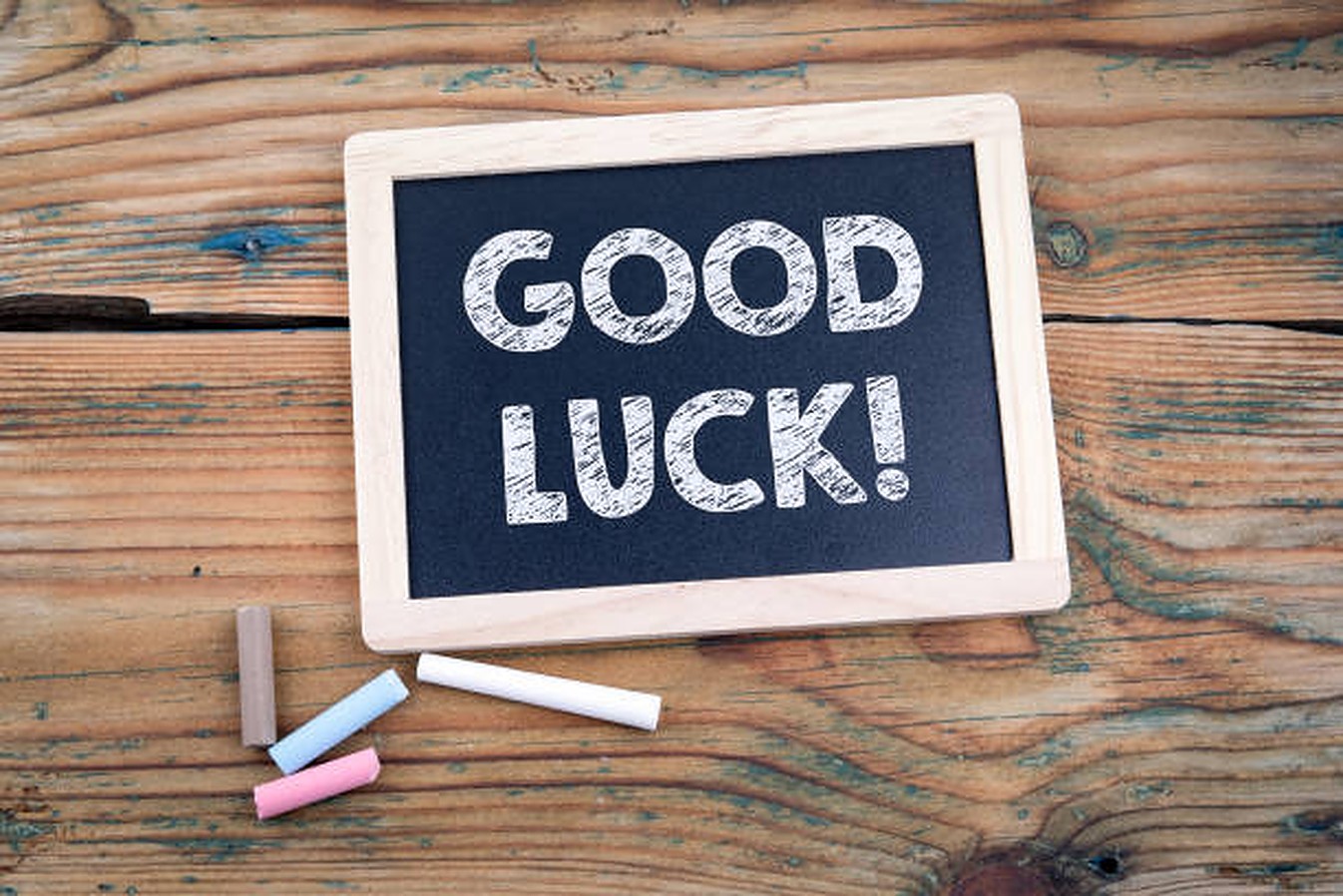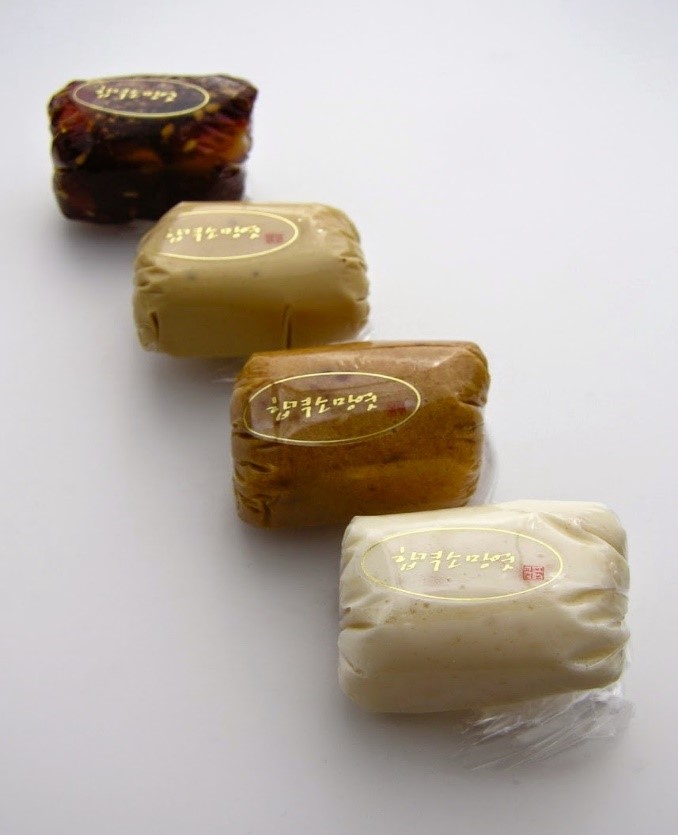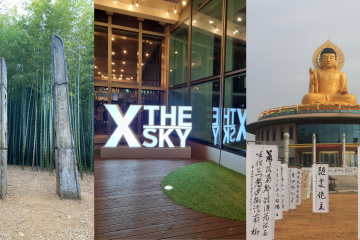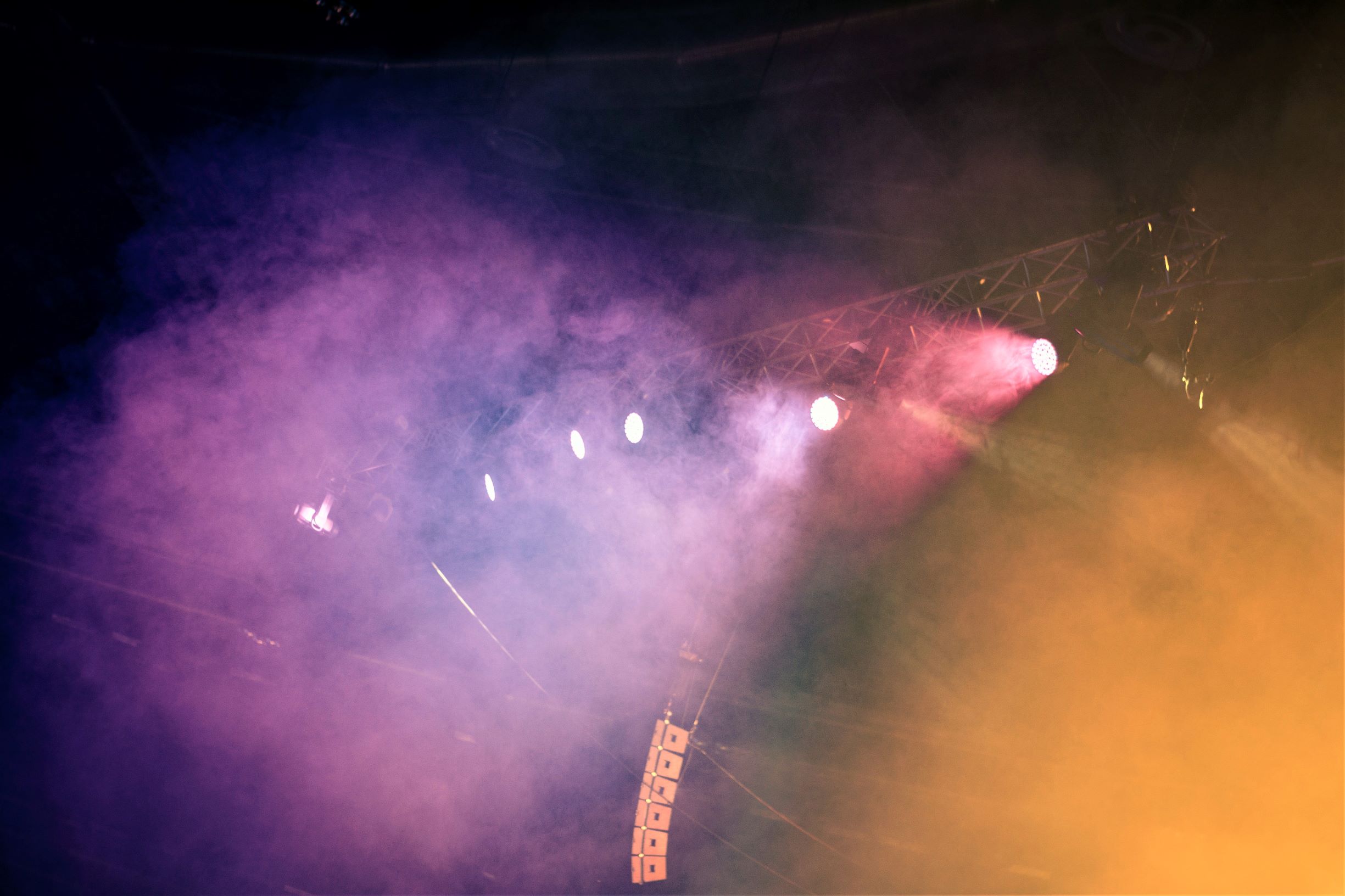7 Interesting Korean Superstitions You Might Not Know

What do you understand by Superstition? Well, it is a belief or a practice that is not based on a scientific thinking or logical reasoning but connected with myth or magical belief. People have their own set of Korean superstitions and beliefs, well some believe and some not, depends on person to person. So want to know their beliefs, here are 7 Korean superstitions you might not know:
Table of Contents
1. Number 4 is unlucky – Korean Superstitions

Image Source: kimchistories.com
What is it about?
In South Korea, number 4 is unlucky. South Koreans call this belief as Tetraphobia. That is why you will see many elevators in South Korea don’t write 4th floor, instead they write ‘F’ Floor. Many Korean people associate number 4 with death or misfortune. It has been listed under 7 interesting Korean superstitions.
What is the reason behind this belief in superstition?
So, the reason behind this belief is, (sa)- the number 4 in Sino-Korean and the Sino Korean word for death-(sa) are homophones. That is why Koreans associate number 4 with death and consider it unlucky. Many people in Korea avoid giving four sets of gifts- weddings, birthdays, housewarmings and parties. Due to this, many hotels, apartments and buildings have omitted number four.
Comparing with other cultures
China and Japan also consider number 4 unlucky and associate it with misfortune. In China, the pronunciation for the word four is similar with the pronunciation for the word death.
On the other hand US considers number 13 unlucky and also countries in South Asia consider this number unlucky.
2. Dream of Pigs – Korean Superstitions

Image Source: 90daykorean.com
What is it about?
People in Korea believe in considering dreaming of pigs as lucky. Many people associate pigs with wealth and fortune. Therefore, people in Korean buy lottery tickets after they have dream of pigs. People in Korea highly believe this superstition and is listed in 7 Korean superstitions.
What is the reason behind this belief in superstition?
Koreans consider dreaming of pigs lucky and fortunate. Pigs are also known as animal of wealth and luck, in the past only rich people could afford and eat pork meat. Therefore, people think that dreaming of pigs means that money is on the way. On the other hand, Koreans consider dreaming of pigs going away as a bad dream.
Comparing with other cultures
In China also, dreaming of pigs signifies good luck and wealth.
On the other hand, in some cultures pigs are considered as unclean and also symbol of greed and laziness.
3. Toffee makes your knowledge stick – Korean Superstitions

Image Source: saranghaekorea.com
What is it about?
Yeot are Korean toffee that are sticky and is considered lucky before or during exams. In fact, it is given as gifts to students who are giving exams so that the students can pass the exam with good luck. This belief is one of the most popular 7 Korean superstitions.
What is the reason behind this belief in superstition?
The reason behind this belief is, that eating sticky food or candy can stick the knowledge materials to the student’s mind during examinations. That is why many students in Korea eat these sticky toffee or candy to do well in exams. It also represents that fortune will stick to your life if you eat this lucky yeot.
Comparing with other cultures
Though eating sticky toffees during exams is considered lucky for Koreans, such superstitions are not very popular in other cultures. But in other cultures, toffee represents sweetness and it if offered as gifts during festivals. Like in India toffees and sweets are distributed and offered as gifts to your loved ones, it symbolizes love and harmony.
4. Don’t wash your hair on New Year’s Day – Superstition

Image Source: bebeautiful.in
What is it about?
New Year’s Day means new beginnings, new hope and new life. People pray for good life on this day. But one thing Koreans don’t do on this auspicious day and that is not to wash their hair as it is considered bad luck to wash your hair on this day.
What is the reason behind this belief in superstition?
People in Korea believe that washing your hair on New Year’s means washing away your fortune, wealth and luck. Basically New Year represents fresh good luck and washing hair on that day will wash away that luck.
Comparing with other cultures
People in China don’t consider washing their hair on Chinese New Years Day. They also feel that washing their hair on that day will wash away their fortune and wealth.
On the other hand, some people in India believe its not good to wash their hair on Tuesdays and Thursdays.
5. Never touch your eye after you touch a butterfly – Korean Superstitions

Image Source: natureformysoul.com
What is it about?
Many people in Korea believe that touching your eye after you have touched a butterfly will make your eyes blind or will cause eye infections. So, many elders and parents warn their children not to touch their eyes after they have touched a butterfly.
What is the reason behind this belief in superstition?
In one context it is believe that a butterfly carries magical dust which will make eyes go blind and make it infectious. This superstition has been around for centuries. In addition, it also has a practical consequence, usually eyes get infectious when we touch a foreign object, no one knows what germs or bacteria the foreign object is carrying.
Comparing with other cultures
Well in Japan, butterflies are represented as souls of people and are treated with respect. It also means that if they visit your house that means the soul of your closed one has come to meet you.
In some traditions, butterflies also represent luck depending on their color. For instance, if the first butterfly you see in a year is white that symbolizes good luck and if you see black then it means bad luck.
6. Don’t whistle at night – Korean Superstitions

Just whistle inside
Image Source: pinterest.com
What is it about?
According to Korean and even other Asian countries beliefs, one should not whistle at night while wandering. It’s probably not a great idea to do so especially at night. In other words, schedule your whistling sessions after sunrise and before sunset. It has been listed under 7 interesting Korean superstitions.
What is the reason behind this belief in superstition?
The reason behind this is that, night is the time when we fear the ghosts or spirits the most. Whistling at night will make ghosts and snakes attract to you which can be dangerous and misfortunate. If you are happy don’t ever try to do this stunt at night that will bring harm to you.
Comparing with other cultures
This superstition is not only popular in Korea but mostly all over the world. Many people are warned and alerted not to whistle at night because it will attract bad luck and misfortunate events.
7. Never write names with red ink – Korean Superstitions

Image Source: 90daykorean.com
What is it about?
People in South Korea consider writing names with red ink as a death threat. They consider it as evil if someone writes names with a red ink. Every institute in Korea warns about this superstition. That is why it has been mentioned in 7 Korean superstitions.
What is the reason behind this belief in superstition?
The reason behind this belief is that, in the past people wrote names of deceased with red ink. Therefore, it’s a message that the person has passed away. That is why people completely avoid writing anyone’s names except the deceased with a red ink. It is also considered as rude to do so as someone will feel the person is giving a death threat.
Comparing with other cultures
In China also there is a taboo to write names with red ink because even here it represents death or death threats. Generally deceased people’s names are written with red ink.
Do all people in Korea believe in Superstitions?
So these are 7 Korean superstitions you might not know. Now in modern society, some people try to resist themselves believing in their Korean superstitions. Some have started emphasizing rationality and logical reasoning. But majority wise, Koreans are superstitious. Koreans have adopted these superstitions from Chinese beliefs and that is why you can find similarities between them. It is also interesting to see these 7 Korean superstitions being compared with other country’s or culture’s superstitions.
If you want to know about Seoul’s beautiful palaces and their heritage, then check here seouls_palaces_heritage











